- Browse
- Infectious Disease
Results for "infectious disease"
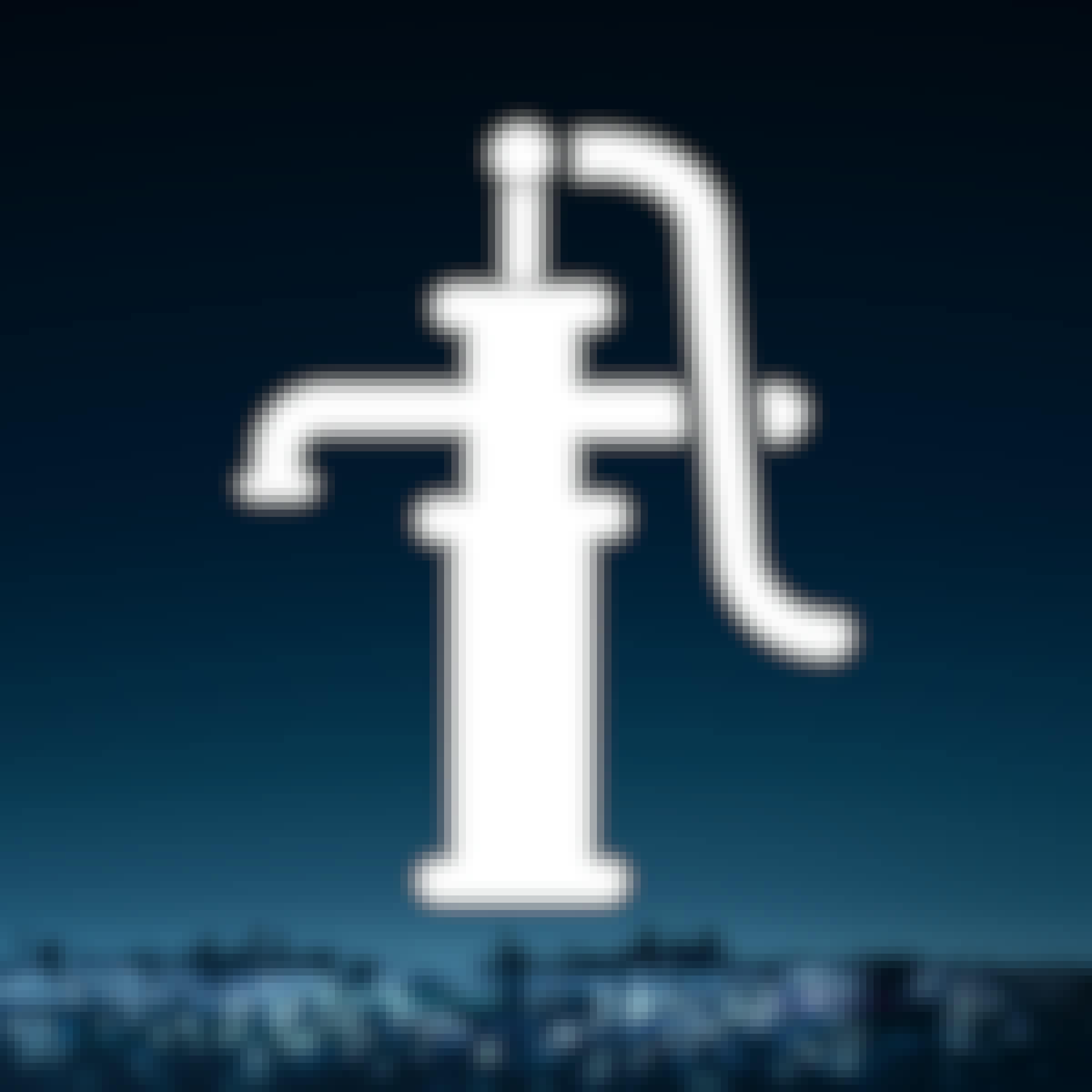 Status: PreviewPreviewU
Status: PreviewPreviewUUniversiteit Leiden
Skills you'll gain: Data Analysis, Research Design, Health Policy, Epidemiology, Statistical Analysis, Clinical Research, Biostatistics, Quantitative Research, Public Health, Health Care, Research Methodologies, Risk Analysis
4.3·Rating, 4.3 out of 5 stars21 reviewsIntermediate · Course · 1 - 3 Months
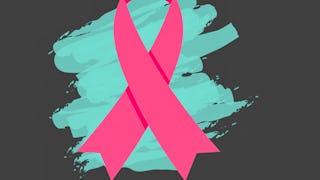
Skills you'll gain: Exploratory Data Analysis, Data Analysis, Statistical Analysis, Classification And Regression Tree (CART), Scikit Learn (Machine Learning Library), Predictive Modeling, Matplotlib, Data Import/Export, Pandas (Python Package), Applied Machine Learning, Data Visualization Software, NumPy, Data Manipulation, Machine Learning
4.7·Rating, 4.7 out of 5 stars44 reviewsBeginner · Guided Project · Less Than 2 Hours
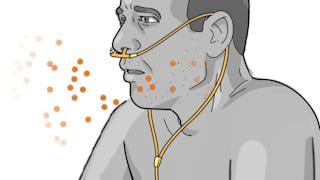 Status: PreviewPreviewS
Status: PreviewPreviewSStanford University
Skills you'll gain: Airway Management, Personal protective equipment, Respiratory Care, Patient Evaluation, Mechanical Ventilation, Telehealth, Critical Care, Acute Care, Patient Treatment, Clinical Assessment, Oxygen Therapy, Vital Signs, Patient Positioning, Infectious Diseases, Diagnostic Medical Sonography
4.9·Rating, 4.9 out of 5 stars72 reviewsMixed · Course · 1 - 3 Months
 Status: Free TrialFree TrialT
Status: Free TrialFree TrialTTecnológico de Monterrey
Skills you'll gain: Oncology, Health Promotion, Behavioral Health, Mental and Behavioral Health Specialties, Public Health and Disease Prevention, Health Care, Mental Health, Chronic Diseases, Psychology, Exercise Science, Stress Management, Physiology, Neurology, Endocrinology, Immunology
4.8·Rating, 4.8 out of 5 stars88 reviewsBeginner · Course · 1 - 4 Weeks
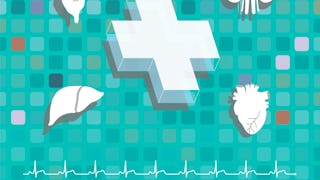 Status: PreviewPreviewN
Status: PreviewPreviewNNational Taiwan University
Skills you'll gain: Nephrology, Dialysis, Critical Care, Infectious Diseases, Epidemiology, Medical Equipment and Technology, Chronic Diseases, Public Health, Health Care, Preventative Care, Surgery, Immunology, Health Policy
Intermediate · Course · 1 - 3 Months
 Status: Free TrialFree TrialU
Status: Free TrialFree TrialUUniversity of California, Davis
Skills you'll gain: ArcGIS, Geographic Information Systems, Public Health and Disease Prevention, Public Health, Land Management, Geospatial Information and Technology, Geospatial Mapping, Spatial Analysis, Epidemiology, Community Health, Spatial Data Analysis, Social Determinants Of Health, Emergency Response, Environmental Science, Natural Resource Management, Emergency Services, Business Development, Environment and Resource Management, Hazard Analysis, 3D Modeling
4.6·Rating, 4.6 out of 5 stars87 reviewsIntermediate · Course · 1 - 4 Weeks
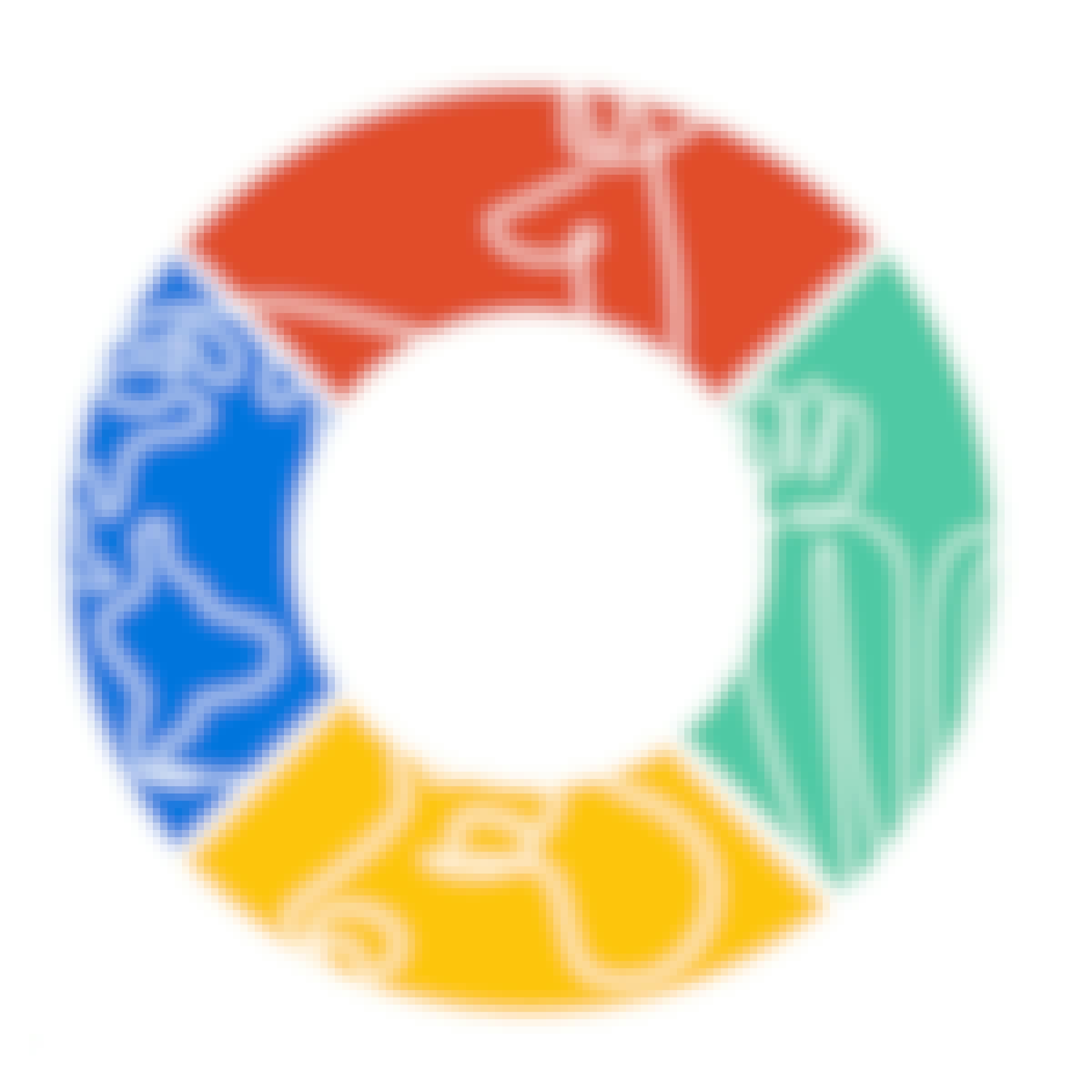 Status: PreviewPreviewP
Status: PreviewPreviewPPontificia Universidad Católica de Chile
Skills you'll gain: Health Systems, Public Health, Infectious Diseases, Health Policy, Environmental Science, Epidemiology, Food Safety and Sanitation, Sustainable Development, Biology, Research and Design, Microbiology, Innovation
5·Rating, 5 out of 5 stars16 reviewsBeginner · Course · 1 - 4 Weeks
 Status: Free TrialFree TrialU
Status: Free TrialFree TrialUUniversity of Glasgow
Skills you'll gain: Deep Learning, Data Ethics, Health Informatics, ICD Coding (ICD-9/ICD-10), Clinical Data Management, Medical Records, Clinical Informatics, Descriptive Analytics, Database Design, Electronic Medical Record, Responsible AI, Data Mining, Precision Medicine, Analytics, Relational Databases, Electocardiography, Machine Learning, Machine Learning Methods, Applied Machine Learning, Image Analysis
4.4·Rating, 4.4 out of 5 stars35 reviewsIntermediate · Specialization · 3 - 6 Months
 Status: Free TrialFree TrialU
Status: Free TrialFree TrialUUniversity of Houston
Skills you'll gain: Value-Based Care, Medical Management, Preventative Care, Care Management, Practice Management, Public Health and Disease Prevention, Interoperability, Primary Care, Health Informatics, Care Coordination, Patient-centered Care, Chronic Diseases, Public Health, Data Management, Health Education
4.7·Rating, 4.7 out of 5 stars44 reviewsBeginner · Course · 1 - 4 Weeks
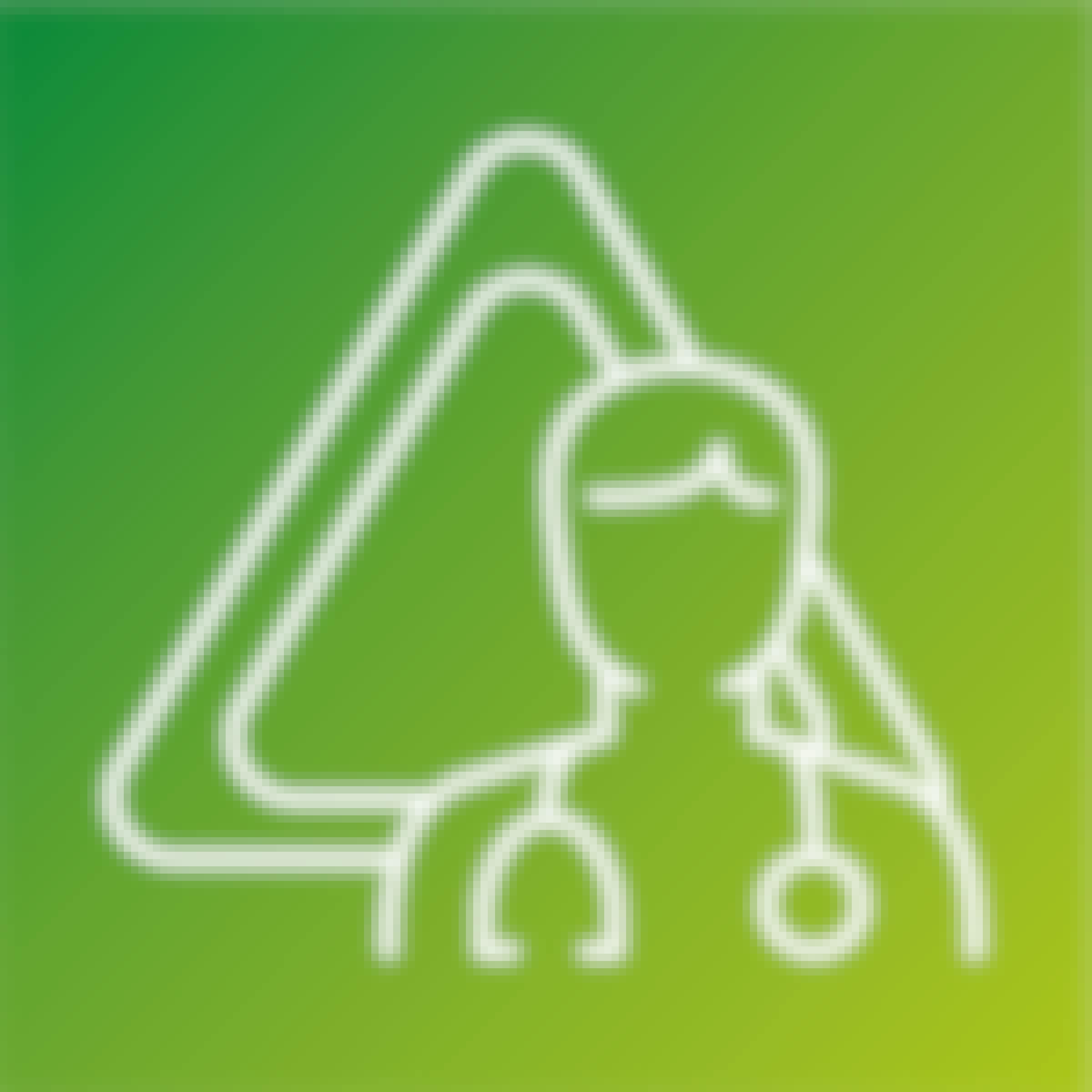 Status: Free TrialFree TrialI
Status: Free TrialFree TrialIImperial College London
Skills you'll gain: Health Policy, Health Systems, Health Assessment, Health Care, Public Health, Policy Analysis, Health Care Administration, Community Health, Program Evaluation, Research, Case Studies
4.8·Rating, 4.8 out of 5 stars82 reviewsBeginner · Course · 1 - 4 Weeks
 Status: PreviewPreviewU
Status: PreviewPreviewUUniversity of Rochester
Skills you'll gain: Health Disparities, Social Determinants Of Health, Health Equity, Community Health, Public Health, Public Health and Disease Prevention, Health Systems, Community Outreach, Data Collection, Research, Program Evaluation
4.3·Rating, 4.3 out of 5 stars7 reviewsBeginner · Course · 1 - 4 Weeks
 Status: Free TrialFree TrialR
Status: Free TrialFree TrialRRice University
Skills you'll gain: Cardiology, Anatomy, Patient Evaluation, Immunology, Hematology, Hemodynamics, Capillary, Pathology, Physiology
4.8·Rating, 4.8 out of 5 stars26 reviewsIntermediate · Course · 1 - 3 Months
Searches related to infectious disease
In summary, here are 10 of our most popular infectious disease courses
- Population Health: Study Design: Universiteit Leiden
- Cervical Cancer Risk Prediction Using Machine Learning: Coursera
- Formação sobre a COVID-19 para Profissionais de Saúde: Stanford University
- Psicología de la salud: Tecnológico de Monterrey
- Pioneers of Medicine and Medical Breakthroughs in Taiwan: National Taiwan University
- GIS Applications Across Industries: University of California, Davis
- Una Salud: la salud humana, animal y de los ecosistemas: Pontificia Universidad Católica de Chile
- Informed Clinical Decision Making using Deep Learning: University of Glasgow
- Value-Based Care: Managing Processes to Improve Outcomes: University of Houston
- Health Systems Development: Health systems, Policy and Research: Imperial College London










